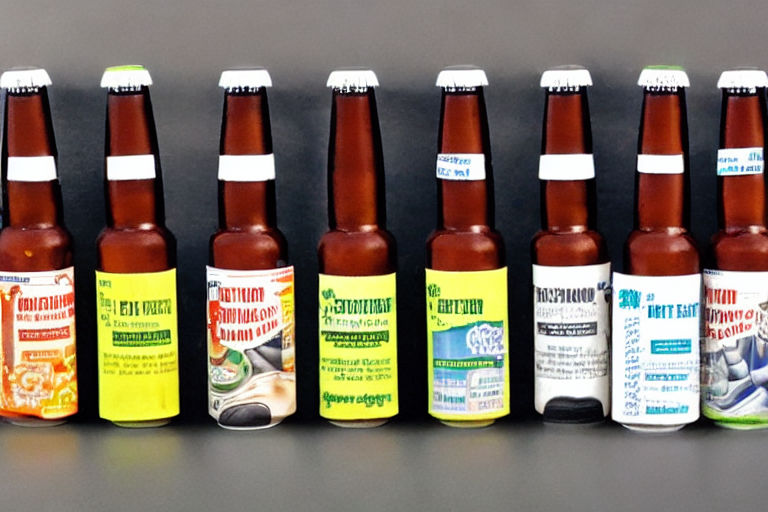Advanced Homebrewing Techniques for Experienced Brewers
Homebrewing can be both a passion and a science. For experienced brewers, it's not enough to simply follow a recipe or a set of instructions. These brewers are always looking for new ways to challenge themselves and improve their brewing craft. In this article, we will cover some advanced homebrewing techniques that can help take your brews to the next level.
1. Temperature Control
Temperature control plays a crucial role in homebrewing. Maintaining a consistent temperature throughout the brewing process ensures that your beer will ferment correctly and develop the desired flavors. Temperature also affects the speed of fermentation and the amount of yeast that is produced.
Investing in a temperature-controlled fermentation chamber can help you maintain a consistent temperature. You can also try insulating your fermenter to keep the temperature constant during the fermentation process.
2. pH Testing
Testing the pH of your brew throughout the brewing process can help you achieve the desired flavor profile. A pH of 5.2 to 5.5 is ideal for mash, while a pH of 4.5 to 5.2 is appropriate during the boil. For experienced brewers, investing in a pH meter is a wise choice.
3. Yeast Management
As an experienced brewer, you should focus on yeast management to ensure that your beer is of the highest quality. You can start by making a starter culture to increase the number of yeast cells before pitching. Additionally, you can try reusing yeast from previous batches to save money and time.
4. Dry Hopping
Dry hopping is a technique that involves adding hops to the beer after it has finished fermenting. This process can add a significant amount of aroma and flavor to your beer. If you want to take it a step further, try multiple rounds of dry hopping at different intervals to add layers of flavor to your brew.
5. Barrel Aging
Barrel aged beer has become increasingly popular in recent years. Aging your beer in different types of barrels can add unique flavors and aromas to your brew. Experiment with different types of barrels, such as whiskey, wine, or oak, to create complex and flavorful beer.
Conclusion
As an experienced homebrewer, it's important to challenge yourself and experiment with new techniques to continue improving the quality of your brews. By utilizing the advanced techniques mentioned in this article, you can take your homebrewing to the next level and create beer that is truly unique and delicious.



